Avatar: The Last Airbender Both Protests and Embodies Colonialism
Avatar: The Last Airbender's success fifteen years after its premiere proves the enduring power of its storytelling. But it's more than just a quality show.
Incluvie Foundation Gala - Learn More
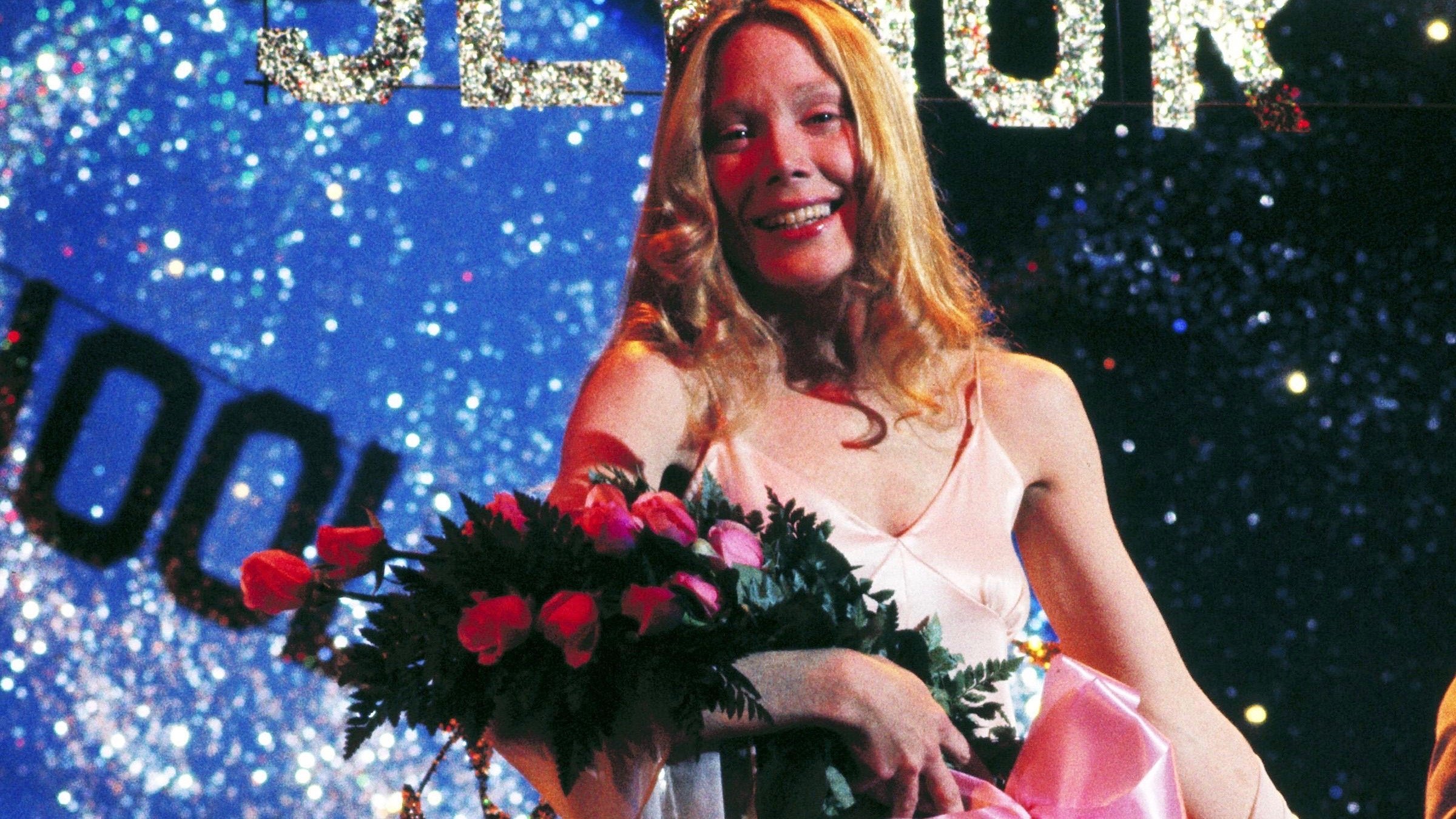

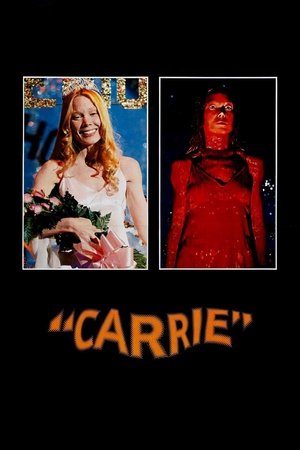


Reaching nearly Halloween, Amazon Prime released Run Sweetheart Run (2020), the most relatable horror film for women. Directed by Shana Feste, Run Sweetheart Run follows a single Black mother, Cherie, who wants to land a job as a lawyer, but is instead demoted to a secretary at a prestige law firm. Cherie's boss sets her up with a business meeting with a new client. But this meeting quickly turns into a date, and Ethan (the client) seems to be the perfect man a woman could ever want... almost too perfect. Ethan shows his dark side when he attacks Cherie after inviting her to spend the night with him. Long story short, Ethan is not exactly your typical psycho boyfriend (he's more supernatural than human). Ethan reveals he intends to "hunt" Cherie, and if she can survive until morning, he will let her go. It's safe to say that is a bloody game of cat-and-mouse. Cherie is a Black woman in a red dress, running through the dark streets of Los Angeles from a supernatural madman, and to make matters worse, she's on her period. But, what makes Run Sweetheart Run as scary as it is relatable, is its ability to connect to women through women spectatorship.
One of the uncomfortably relatable scenes on Run Sweetheart Run is our main protagonist being groped on the bus (a near-universal fear for women riding public transit). The grope scene was short and intense, with a prolonged effect on women spectators. As Cherie is talking on the phone on the crowded bus, we see a man eyeing her from afar. He then follows her to the back of the bus and gradually touches her butt. A lady on the bus notices this assault, yet she did nothing, but looked away. After the assault, Cherie fears for her own safety, and understandably, does what many women would do in this situation: move away. While the horror of this film is surviving the night from a homicidal date, this early scene emphasizes the struggles women have to deal with every day.
In honor of AANHPI Heritage month, let's celebrate Filipina-American pop star Olivia Rodrigo and her love of horror movies. Grammy-award singer Olivia Rodrigo not only sings about the angsty teenage experience, but she references women-led horror movies in her music videos that give us a glimpse of how brutal girlhood could really be. In no particular order, let's see what horror movie references we can spot in Rodrigo's music videos.
In the music video "good 4 u" Olivia Rodrigo famously wears black gloves throughout the video. After recently watching a classic J-horror film, I got déjà vu because one of the characters also is known for wearing black rubber gloves. If you haven't guessed it before, Olivia Rodrigo's gloves are inspired by the J-horror film Audition (1991). The female lead, Asami wears black rubber gloves when she reveals her cruel intentions toward a widower. FYI, Audition is about a woman seeking revenge on men that have done her wrong, and "good 4 u" has got that covered, alright.
In, "Brutal" Olivia Rodrigo shows us that life can be brutal for teenage girls or just women in general. This music video is all about hyper-feminity and how suffocating it is for girls to keep up with unrealistic images of themselves. We see scenes of ballet dancers and Rodrigo breaking a leg to keep up with the dancers; this definitely screams Black Swan (2010). She's even wearing black pointe shoes!
TW: Transphobia, Sexual Assualt, Violence, Misogyny // Spoilers for Sleepaway Camp ahead
We [meaning mainly the girls, the gays, and the theys] all love a good revenge film — Jennifer’s Body, Ms. 45, Carrie, and the new addition to the canon: Promising Young Woman. All the films feature a woman who enacts her own version of justice against those who are not being punished for a heinous crime — normally upholders of oppression like sexual assaulters. Though violent, sometimes exploitative, and not usually having a happy ending for the femme protagonists, at the center of these stories are questions about how justice truly functions in our society. As we’ve seen post #metoo, industries have slowed in making progress and even the so-called damaging “cancel culture” has not removed most abusers from their platforms. In this subgenre, fantasy and catharsis intertwine as one where we can escape to an alternate reality where the oppressed play karma in making those who killed our soul suffer in response. Though it does not fix the structural roots and usually punishes the women in the finale, the everlasting images are an escapist fantasy where related audience can feel sublime satisfaction that only comes with pure vengeance. That’s why we [see previous] love them.
For anyone who is not a cis white woman, a justice-fueled murderous rampage is not framed as liberation. Instead, they contribute to harsh stereotypes that vilify minority women with dangerous consequences. Particularly, trans women have been coded as serial killers for decades — especially since, possibly the most famous horror film ever, Psycho. The trope has expanded since then where explicitly or implicitly coded trans serial killers have made up some of the most well-known villains in horror and cinema history: including Leatherface, Bobbi, and, worst of all, Buffalo Bill. The most explicit — and “coincidentally” the most egregious, in my opinion — is the 1983 B-movie Sleepaway Camp. The protagonist is revealed to be trans, forced into being a girl by the eccentric aunt she is sent to live with after a freak boating accident kills both her sister and father. She goes on a killing rampage murdering all the bullies who torment and do her wrong during her time there. When Carrie did this to her classmates, there was a certain sympathetic tone to her atrocities. There’s even a clear case of justification for her murderous escapade. She, however, has never been referred to as a serial killer in cinematic discourse but more as something closer to a misunderstood superhero. For trans women in media, their perception and representation are completely different with grave consequences. Historically, when they have been shown in mainstream media, there is an association of fear, intense violence against women, and an issue of severe psychological trauma on part of the trans character. Cis white women from Carrie to Cassie are given the guise of innocence and retaliation while trans women are stereotyped into monstrous creatures more often than not.
The Slumber Party Massacre (1982), written by Rita Mae Brown and directed by Amy Holden Jones, is a 1987 slasher film following a group of teenage girls terrorized by an escaped mental patient at a slumber party. This film inspired others such as Sorority House Massacre and ushered in a new subgenre of horror focusing on high school and college women. The Slumber Party Massacre and its sequels were all written and directed by women, setting them apart, and in a way, feeling like they are the satirical examples of the more straight films they inspired.
The Slumber Party Massacre is an interesting combination of sensibilities. The script was written by Rita Mae Brown, a feminist writer and activist most known for the autobiographical novel "Rubyfruit Jungle". This film wonderfully combines its feminist script with treating some tropes of the slasher genre seriously, which creates a film that is both successful for its gender discussions and its scares.
The film comments on how tropes of sexuality, innocence, and gender constructs are often used in horror. In its opening scene, we see Trish (Michele Michaels) throw out all her dolls and toys, commenting on the loss of innocence common found within slasher films. Throughout the film, the teenage girls are shown as stronger than their male counterparts. In an especially memorable scene, the girls play volleyball while the men sit in the bleachers watching, flipping the script on a common trope of teen film.

Withdrawn and sensitive teen Carrie White faces taunting from classmates at school and abuse from her fanatically pious mother. When strange occurrences start happening around Carrie, she begins to suspect that she has supernatural powers.

Brian De Palma
Director

Brian De Palma
Director

Sissy Spacek
Carrie
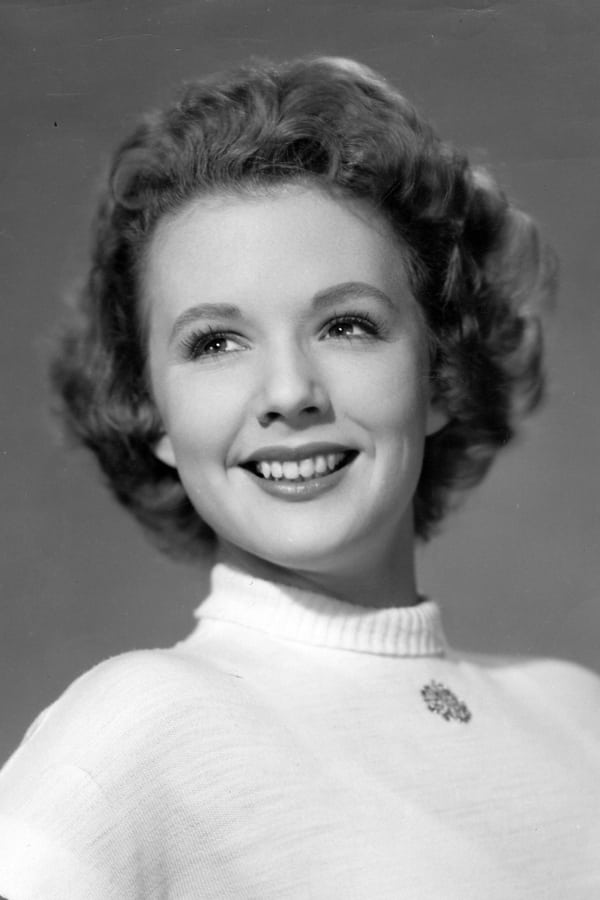
Piper Laurie
Margaret White

Amy Irving
Sue Snell

William Katt
Tommy Ross

John Travolta
Billy Nolan

Nancy Allen
Chris Hargenson
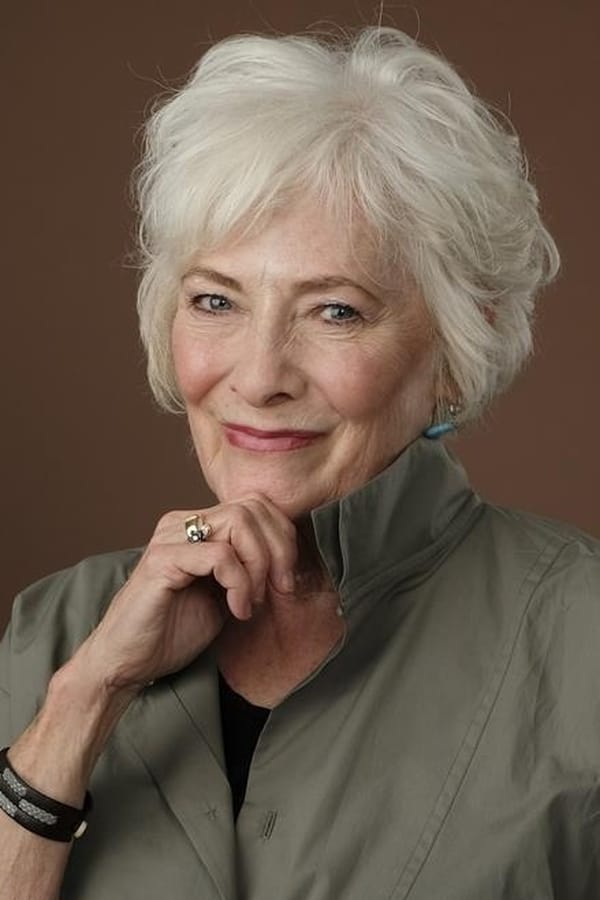
Betty Buckley
Miss Collins
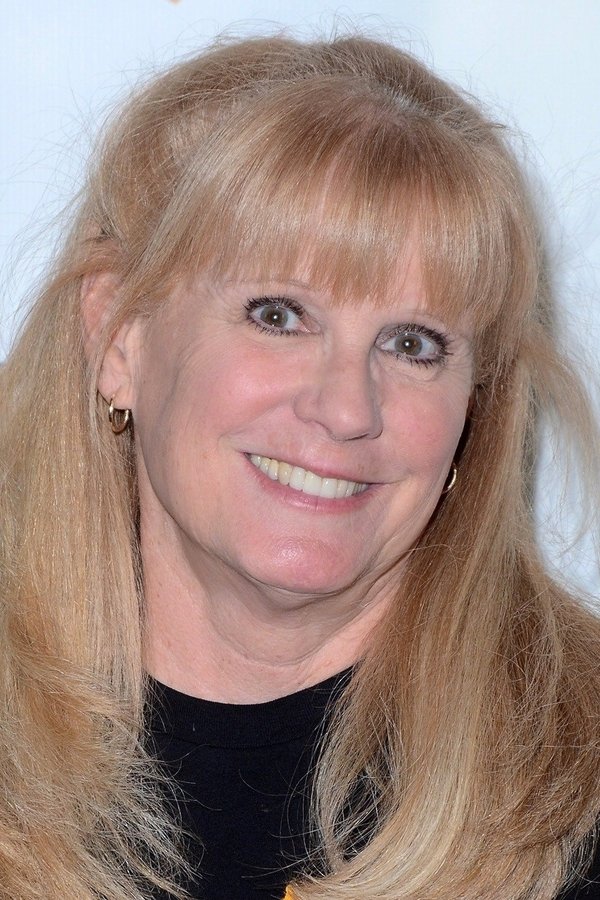
P. J. Soles
Norma
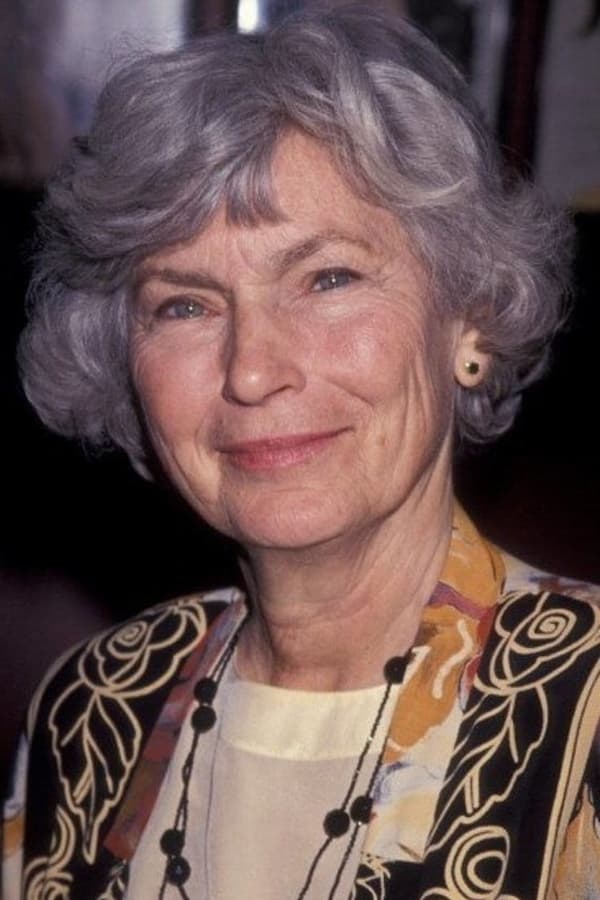
Priscilla Pointer
Mrs. Snell

Sydney Lassick
Mr. Fromm

Stefan Gierasch
Mr. Morton
Avatar: The Last Airbender's success fifteen years after its premiere proves the enduring power of its storytelling. But it's more than just a quality show.
Four documentaries, now streaming on the Criterion Channel, embody the adopted slogan of the current protest movement: Woman, Life, Freedom



